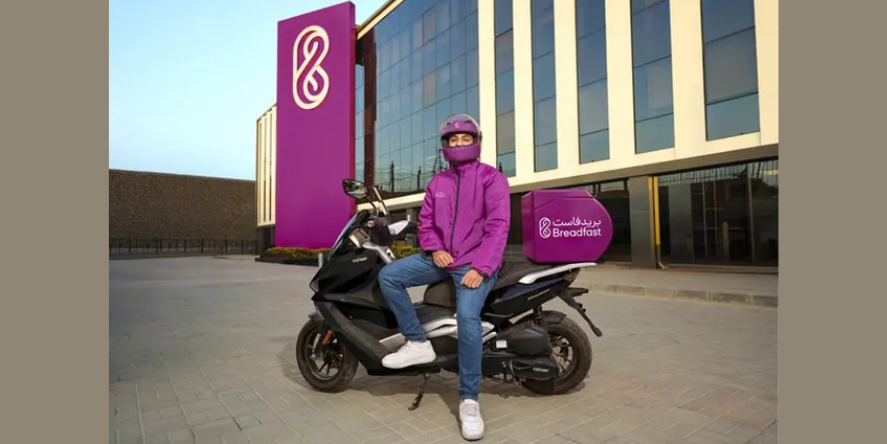“Driving Matters!” Do you know what car company uses this tagline in the United States? In Japan, the tagline for Mazda is “Jinbai Ittai,” as it captures the feeling of a horseman warrior as he rides across the plains on his horse or “The Oneness of Horse and Rider.” Mazda wanted to capture the energy, life, and passion you feel when you drive a Mazda. Luckily, their marketing department did not use Google Translate to convert their tagline to English or they would have had a much different tagline in the US.
Over time, I have entered “Jinba Ittai” into Google Translate and ended up with the following three different translations:
- Danger
- One Horse
- Jinba (the current translation as of this writing)
Fortunately, the Mazda marketing team understood their message and researched the best way to translate and adapt their tagline into English.
You might think that taglines are special so of course, they need a human translation, but what about other text? Can’t Google Translate handle that?
Google Translate Can’t Capture the Richness of Language
Recently, I read Trevor Noah’s book, “Born a Crime,” about his journey from growing up poor in South Africa to becoming an award-winning comic and host of Comedy Central’s “The Daily Show.”
In his book, he uses words that are specific to South Africa. Out of curiosity, I entered them into Google Translate to see how the meanings compare to how Mr. Noah defines them in his book. Here are some examples of how Google Translate mistranslates these words.
| Word | Meaning | Google Translate |
| Amperbaas | Black people who are almost white, “almost there” | barely a boss |
| Amabhujua | a very poor person who acts like they are rich by dressing fashionably even though they live in shacks | butterflies |
| Vetkoek | donut or beignet | fat cake |
As you can see, the words have a deeper meaning than what Google Translate captures. Google Translate fails to capture the richness of language.
Here are some examples from other languages with no direct English translation that have particular significance during the COVID pandemic.
Hygge – a Danish word that captures a feeling of coziness like snuggling up by the fire to read a good book or taking a bath with candles and bubbles. Capturing this feeling while quarantining at home would be good.
Yet, Google translates Hygge as “fun.” This is just not the right translation.
Saudade – a Portuguese word that describes a strong, melancholic feeling of loss or memories of a time past. We might use that right now to describe how we feel about missing parties with friends, visiting relatives, and travel to favorite places.
Google says that saudade means “longing,” which doesn’t capture the same depth of feeling as the original.
Kalsarikännit – A Finnish word that states you are going to get drunk at home alone in your underwear, with no intention of going out. Another appropriate quarantine word.
Google says that it means “buttocks.” Another bad translation.
It’s easy to see that many words don’t have a direct translation into English. How about words from English into other languages?
Redneck – for English speakers in the US, a “redneck” is a person perceived to be crass and unsophisticated who typically lives in a rural area. When I put the term into Google and ask it to translate it into Spanish, Arabic, and German, I get three very different answers.
- Spanish translates it into “white peasant.”
- Arabic tells me redneck means “backward.”
- German says that rednecks are “farmers.”
As you can see, there are words in every language that has a specific meaning, yet no direct translation. A good translator understands both languages well enough to capture the meaning not just insert a word.
Issues and Opportunities for Google Translate
Back in 2004 when I became the owner of a translation company, machine translation seemed both scary and hopeful. Would it put us out of business or simplify our jobs? As time progressed, Google Translate launched and offered a plugin for websites, allowing monolingual speakers to offer content in many different languages. Yet, as we learn more, we see both the issues with and opportunities for machine translation.
Issues with Google Translate:
As you decide whether to use Google Translate, having a clear understanding of the issues you may encounter will help with that decision.
- Feelings – if you want a word to convey a feeling, check that the translation captures that exact feeling. Machine translation looks for a word or phrase match without being able to understand the feelings behind the word.
- Intention – words can express the same meaning yet with different intentions. Do you want to convey your meaning gently or persuasively? Google Translate will not pick up on the subtleties.
- Slang – be very careful in using slang, colloquialisms, irony, or idioms in your machine translation. These nuances are lost in translation on Google.
- Grammar – When you read a paragraph translated through Google, it sounds clunky and stiff. Plus, grammar is incorrect. If grammar is important, hire a human.
- Awkward – Along with bad grammar, sentences read awkwardly when translated on Google. Try taking a paragraph in a foreign language and translating it into your native language. I can easily identify content translated through a machine. Our translators would rather translate the original rather than edit a machine-translated document since editing bad writing takes longer.
- Cultural nuances – as you can see in the prior examples from Trevor Noah, cultural nuances matter. If you don’t understand the cultural meaning behind the word, your message will be lost.
- Duplicate content – if you use Google Translate for content on your website, you may be dinged for duplicate content. Since their technology is translating and reading the content, it may show as duplicate content which will hurt your search engine optimization.
Opportunities for Google Translate:
With all this said, you might think that I never use or suggest using Google Translate. Yet there are situations when using machine translation is appropriate and helpful.
- Gist – if you want to get an idea of what the content says, and you have no other easy option available at the time. If I get an email in a language that I don’t understand, I pop it into Google Translate to see if it is important or junk mail. This gives me the gist of the message and lets me know what to do with the email.
- Casual – when traveling, or at a restaurant, or in a casual conversation, Google Translate is a fun tool for communicating across languages. You can get a sense of the conversation and still laugh at the mistakes. There is no liability or risk for making mistakes in this situation.
- Open doors previously closed – if the translation is not available, Google Translate can assist in communication. For example, if you want to read reviews on a travel site before booking a room through Airbnb, Google Translate can give you an idea of what other travelers experienced. Before Google Translate, you did not have this option easily available.










